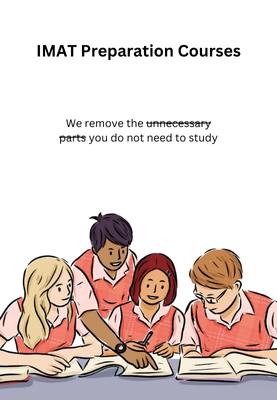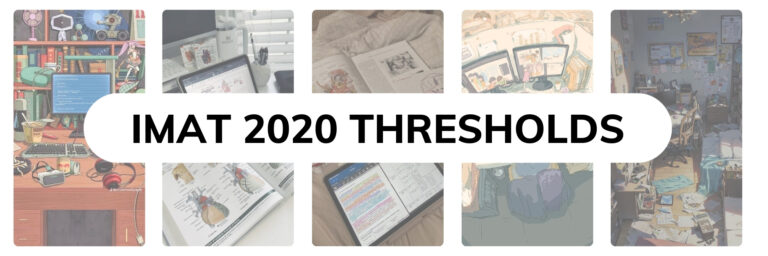Following the introduction of a new admission system for Italian-language medical and dentistry programs, there has been ongoing speculation about the future of the IMAT. Despite numerous rumors circulating in recent months, it has now been officially confirmed that the IMAT will continue to be the mandatory entrance exam for English-taught medical courses in Italy. The long-awaited exam date has finally been announced, bringing clarity to prospective international students.
On 15 May 2025, the Italian Ministry of Education officially announced that the International Medical Admissions Test (IMAT) 2025 will be held on Wednesday, 17 September 2025. Along with the IMAT exam date announcement, the Ministry of Education also released several other important dates concerning the overall exam schedule. This official file is attached below.
| Course of Study | Test Date for Academic Year 2025/2026 |
|---|---|
| Single-cycle master’s degree courses in Medicine and Surgery, Dentistry and Dental Prosthetics, and Veterinary Medicine taught in English | Wednesday, 17 September 2025 |
| Bachelor’s degree courses in Health Professions | Italian language: Monday, 8 September 2025 English language: Wednesday, 10 September 2025 |
| Single-cycle master’s degree courses and master’s degree courses directly aimed at the training of Architects | By 30 September 2025 (The date is set by each University in its own official notice) |
| Single-cycle master’s degree courses in Primary Education Sciences | Friday, 12 September 2025 |
| Master’s degree courses in Health Professions | Thursday, 25 September 2025 |
Other details, including the list of exam centers, the IMAT exam format, and the registration timeline, are typically announced after the official exam date is confirmed each year. We will continue to update this information to ensure IMAT candidates have access to all the latest updates. Regarding the IMAT 2025 registration, it is expected to take place between August and September 2025.
Most universities have not yet announced the pre-enrollment deadlines for non-EU students. Typically, these dates are published after the Ministry of Education releases the official guidelines. Once the information becomes available, we will share updates regarding pre-enrollment procedures. We encourage IMAT candidates to follow our Instagram and Telegram channels for the latest news and quick updates.





